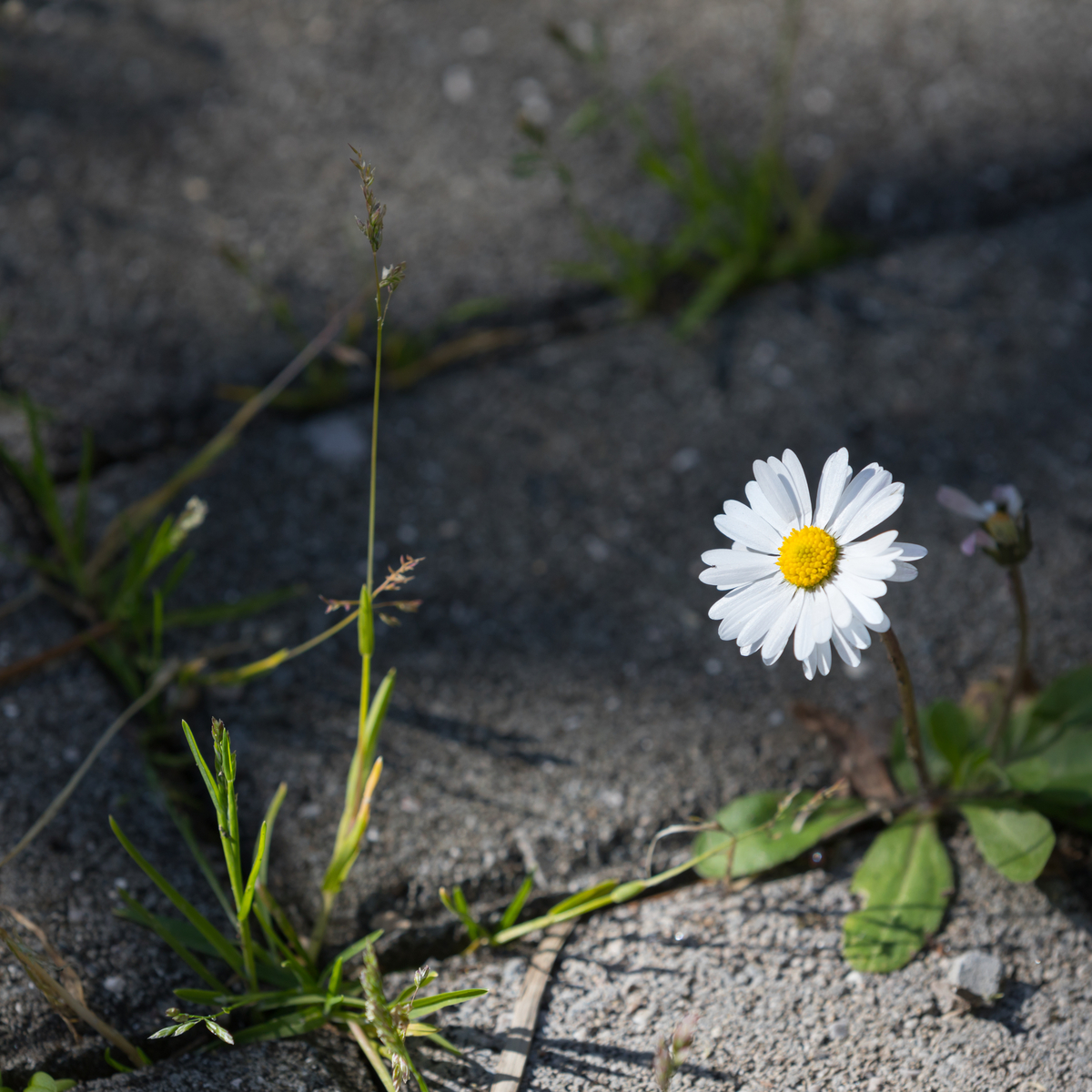Vulnerability – A Necessary Ingredient for Authenticity

As I pondered the title for this article, I realized that it could frighten many away. Who wants to be vulnerable? Vulnerability can be a scary process. It is risky as someone may not like us if they “really know us”. We may get hurt. We may show parts of ourselves that we don’t always share with others. We may be judged, misunderstood, rejected and/or labeled. Yes, it is true, we could experience these things if we allow ourselves to be vulnerable.
On the flip side of it, we may find it a great relief to share our true self. Sharing who we are allows us to find connections – authentic connections – with others. If we can be real, sharing our strengths along with our vulnerabilities, we may find that being real is quite rewarding and satisfying and immensely freeing. Most importantly, we may find that we like ourselves and who we are, so perhaps that is enough to make the risk worth it. Being vulnerable does take self-compassion and self-love. Standing strong in who we are is allowing ourselves to be seen by others. It takes courage to show our true self.
Examples of vulnerability might be admitting we made a mistake, putting ourselves in a situation where we might fail, or sharing our talent with others not knowing how it will be received. It may be admitting to another person that we need her/him, sharing emotions. It may be allowing ourselves to accept and show imperfections and/or asking for help. It is being true to ourselves despite the risk of others not approving. It is speaking up when we may not be supported. It is being “seen” when it might be easier or safer to be “invisible”. It is not knowing but doing it anyway. Brene’ Brown (the guru of vulnerability) writes, “It is the acknowledgement of risks and exposures but still having the willingness to show up”. (Brown, 2012)
I recently talked to someone who says she tries to do something brave every day – putting herself in situations where she may be vulnerable. It takes being brave to show up to new things that have uncertainty, to initiate conversation with someone that we don’t know well, to share ourselves or be noticed in a group by having voice. It is about being authentic and real and human. We all have times when we are vulnerable (even though we might like to think we don’t have any vulnerable moments). It is just a matter of what we do with it.
Dr. Brene’ Brown, one of my favorite authors, writes about this in her book, Daring Greatly: How the Courage to be Vulnerable Transforms the Way we Live, Love, Parent and Lead. She states, “Vulnerability is the core, the heart, the center, of meaningful human experiences.” Brown writes, “Vulnerability sounds like truth and feels like courage.” (Brown, 2012) The expert definitely agrees that it takes bravery and standing true to yourself in showing vulnerability.
Maybe you want to look at how you do with allowing vulnerability in your life. You might decide to do something brave every day and allow opportunities for being vulnerable. It is through vulnerability that your real self can be shared and you may discover new connections that make the risk very rewarding. Even if the new connection is “you” connecting with your authentic self.
Works Cited
Brown, B. (2012). Daring greatly: how the courage to be vulnerable transforms the way we live, love, parent, and lead . New York: Penguin Group.
www.dictionary.com/browse/vulnerability. (2016, Oct 23). Retrieved from www.dictionary.com.
Tags: authenticity, vulnerability
ABOUT THE AUTHOR

Janie Pfeifer Watson
Licensed Independent Clinical Social Worker
Licensed Independent Mental Health Practitioner- Janie Pfeifer Watson, LICSW, is the founder and director of Wholeness Healing Center, a mental health practice in Grand Island, Nebraska with remote sites in Broken Bow and Kearney. Her expertise encompasses a broad range of areas, including depression, anxiety, attachment and bonding, coaching, couples work, mindfulness, trauma, and grief. She views therapy as an opportunity to learn more about yourself as you step more into being your authentic self. From her perspective this is part of the spiritual journey; on this journey, she serves as a mirror for her clients as they get to know themselves—and, ultimately, to love themselves.
LATEST ARTICLES BY Janie Pfeifer Watson
Subscribe today
Sign up to receive the latest mental health tips and inspiration